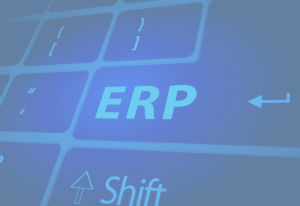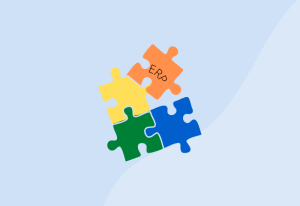
ERP (Enterprise Resource Planning) software is an essential tool for businesses of all sizes to manage their operations and resources more effectively. One of the crucial decisions that businesses need to make when implementing an ERP system is whether to have it on a server or in the cloud.
Traditionally, ERP systems were installed on-premise, which means that the software and hardware are installed and maintained on the company’s servers. In this scenario, the company is responsible for the maintenance and upkeep of the system, including software updates, security, and data backups.
On the other hand, cloud-based ERP systems are hosted by the software provider and accessed via the internet. In this case, the software provider is responsible for the system’s maintenance, security, and backups, allowing businesses to focus on their core activities.
There are several factors that businesses need to consider when deciding between an on-premise and a cloud-based ERP system.
Costs
The upfront cost of an on-premise ERP system is generally higher, as it requires investment in hardware, software, and infrastructure. In contrast, cloud-based ERP systems usually involve lower upfront costs, as the software provider handles the infrastructure.
Scalability
Cloud-based ERP systems are generally more scalable than on-premise systems. They can easily accommodate changes in business size or requirements, without requiring significant investment in hardware or infrastructure.
Security
Both on-premise and cloud-based ERP systems can be secure, but the level of security varies. With an on-premise ERP system, the business is responsible for security, while with a cloud-based system, the software provider is responsible for security.
Maintenance
On-premise ERP systems require more maintenance than cloud-based systems. Businesses need to regularly update and maintain hardware, software, and infrastructure, while with a cloud-based system, the software provider takes care of maintenance.
Accessibility
Cloud-based ERP systems are more accessible than on-premise systems, as they can be accessed from anywhere with an internet connection. On-premise systems require access to the company’s servers, limiting accessibility.
In conclusion, the decision between an on-premise or cloud-based ERP system depends on several factors, including costs, scalability, security, maintenance, and accessibility. It is crucial for businesses to carefully consider these factors before choosing a system that best suits their needs.




